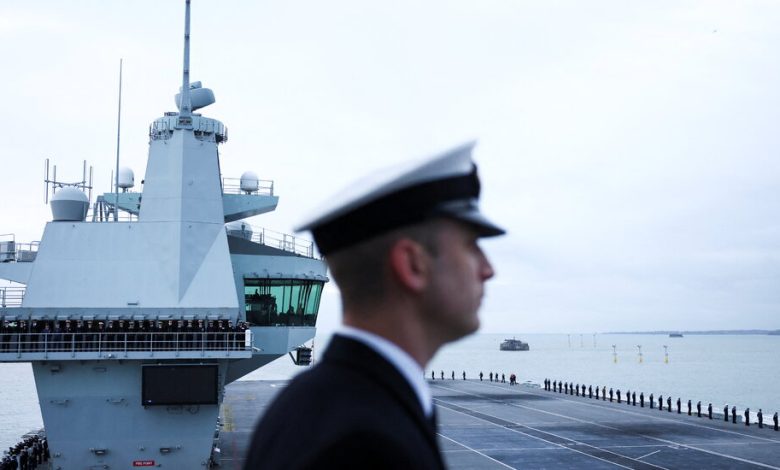A British Nuclear Missile Test Fails, Again

The British government confirmed on Wednesday that the test launch of an unarmed Trident missile from a Royal Navy submarine last month had failed, raising questions about the state of Britain’s nuclear deterrence capability.
It was the second straight malfunction of such a launch, coming nearly eight years after another Trident flew off course at sea, an incident that at the time drew criticism about the government’s failure to disclose it.
This time, too, the failed launch was first reported not by the defense ministry but by a London tabloid, The Sun, which said the missile’s boosters failed and it landed in the water not far from the submarine, the H.M.S. Vanguard, which had just come out of a seven-year refurbishment.
Britain’s defense secretary, Grant Shapps, and the top-ranking officer in the Royal Navy were both aboard the Vanguard for the test on Jan. 30. In a written statement to the House of Commons, Mr. Shapps said “an anomaly did occur” during the test launch but that it was “event specific.”
“There are no implications for the reliability of the wider Trident missile systems and stockpiles,” Mr. Shapps wrote. “Nor are there any implications for our ability to fire our nuclear weapons, should the circumstances arise in which we need to do so.”
Britain’s Navy has suffered a string of problems in recent months with its fleet. One of its flagship aircraft carriers, the H.MS. Queen Elizabeth, pulled out of a deployment to a NATO exercise off the coast of Norway earlier this month because of a problem with one of its propeller shafts.
